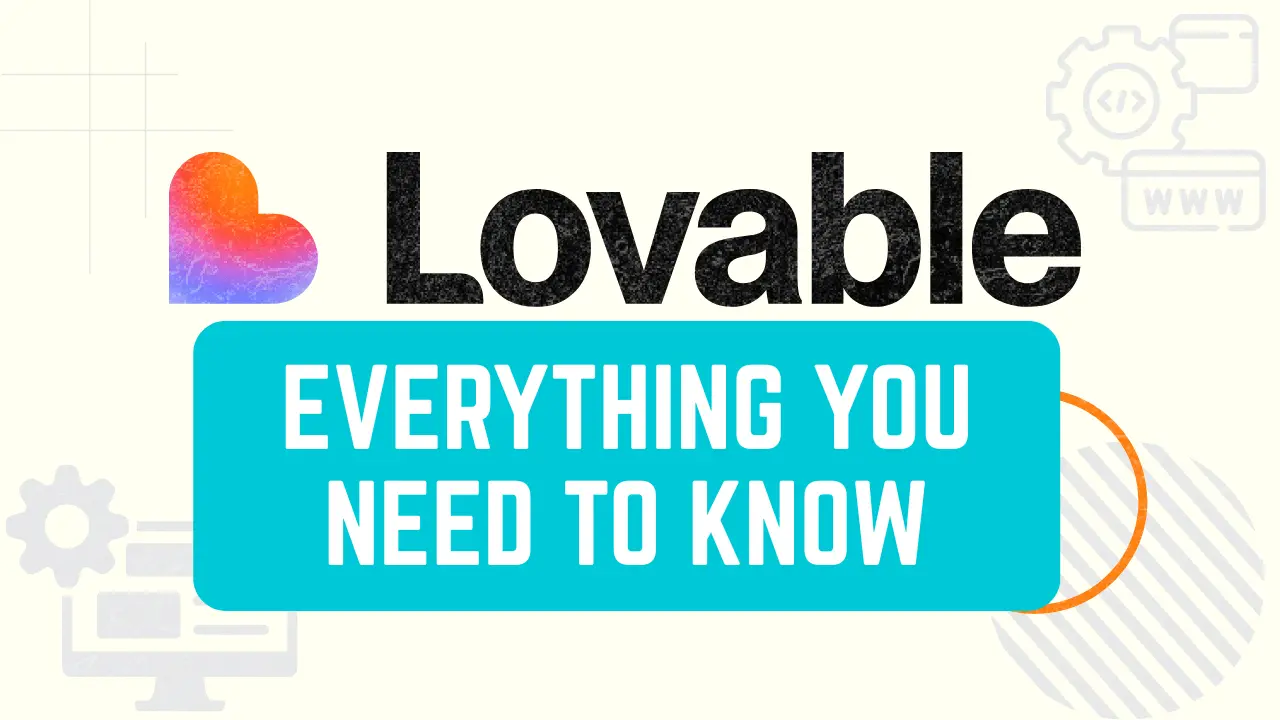
Software as a Service (SAAS) has revolutionized the way businesses operate in the digital age. As a SAAS founder, you are at the forefront of this rapidly evolving industry. SAAS is a software distribution model where applications are hosted by a service provider and made available to customers over the internet. In this article, we will explore the top advice that can help you navigate the challenges and maximize the opportunities of being a SAAS founder.
Starting and running a SAAS business is no easy task. It requires a deep understanding of technology, marketing, customer service, and business strategy. Seeking advice from experienced professionals who have been through similar journeys can save you valuable time, money, and prevent costly mistakes. Learning from others' successes and failures can give you the insights and guidance you need to succeed as a SAAS founder.
Here are some of the top advices for SAAS Founders and CEOs.
Before you do anything else, it's important to do your research and understand the SaaS market. What are the different types of SaaS businesses? Who are your target customers? What are their needs and pain points? Once you have a good understanding of the market, you can start to develop your business plan.
Entering a niche market allows your SaaS company to focus on a specific industry or audience. Instead of trying to cater to a broad range of customers, targeting a niche enables you to become an expert in that particular domain. This specialization can give you a competitive edge, as you can tailor your product to meet the unique needs and challenges of the niche. Additionally, it can be easier to establish a strong presence and build credibility within a niche, paving the way for more rapid growth and customer acquisition.
One of the fundamental principles of building a successful SAAS business is understanding your target audience. Who are your customers? What are their pain points? What solutions are they looking for? Conduct thorough market research to gain a deep understanding of your target audience's needs, preferences, and behaviors. This will allow you to tailor your product and marketing strategies to resonate with your target customers, increasing the likelihood of success.
In the SAAS industry, user experience is paramount. Your product should be intuitive, seamless, and easy to use. Invest in a user-centered design process, where you gather feedback from your target audience and iterate on your product to ensure a great user experience. Pay attention to every aspect of your software, from onboarding to navigation to customer support. By prioritizing user experience, you will not only retain existing customers but also attract new ones through positive word-of-mouth.
The SAAS industry is dynamic and ever-changing. To stay ahead, you must continuously test and iterate on your product. Embrace the agile methodology, breaking down your development process into small, manageable iterations. Regularly gather feedback from users, analyze data, and make data-driven decisions to improve your product. By constantly evolving and iterating, you can ensure that your SAAS solution remains competitive and meets the evolving needs of your customers.
A great product alone is not enough to succeed in the SAAS industry. You need a strong sales and marketing strategy to reach your target audience and convince them to choose your solution over competitors. Develop a comprehensive marketing plan that includes digital marketing, content marketing, social media, and search engine optimization. Invest in building a strong sales team that understands your product, can effectively communicate its value, and can close deals. By combining a great product with a robust sales and marketing strategy, you can drive growth and increase sales.
Launching a SaaS product from a third-world country should not limit your aspirations to local markets only. The global nature of SaaS allows businesses to target international markets from day one. By doing so, you can tap into larger customer bases, potentially face less competition in certain niches, and leverage the internet to reach a worldwide audience. Embrace the opportunities that come with globalization, and strategically position your SaaS product to meet the needs of diverse international markets.
Customer support is a critical aspect of any SAAS business. Your customers rely on your software to run their operations smoothly, and any issues can have a significant impact on their business. Provide exceptional customer support by offering multiple channels for customers to reach you, including phone, email, and live chat. Respond to customer inquiries promptly, resolve issues efficiently, and go above and beyond to exceed their expectations. By delivering exceptional customer support, you can build customer loyalty, increase retention, and generate positive word-of-mouth referrals.
Customer feedback is invaluable for the development and improvement of your SaaS product. Actively listening to your customers helps you understand their pain points, requirements, and expectations. By building features and making enhancements based on customer needs, you increase the chances of creating a product that users truly value. This customer-centric approach not only fosters loyalty but also positions your SaaS company as responsive and adaptable. Regularly soliciting and acting upon customer feedback is an ongoing process that can drive product innovation and maintain a strong customer relationship.
As a SAAS founder, it is essential to foster a strong company culture that aligns with your vision and values. Hire employees who are passionate about your mission and who share your commitment to excellence. Encourage collaboration, innovation, and continuous learning within your team. Foster a positive work environment where employees feel valued, supported, and empowered. By cultivating a strong company culture, you can attract top talent, increase employee retention, and create a thriving organization.
To drive growth and make informed decisions, it is crucial to monitor and analyze key metrics in your SAAS business. Track metrics such as customer acquisition cost, lifetime value, churn rate, and monthly recurring revenue. Use analytics tools to gain insights into user behavior, product usage, and conversion rates. Regularly review these metrics to identify trends, spot opportunities, and address any areas of concern. By staying vigilant and data-driven, you can make strategic decisions that optimize your business's performance.
The SAAS industry is highly competitive, with new players entering the market regularly. To stay ahead, you must keep a close eye on your competitors and continuously innovate. Stay up to date with industry trends, emerging technologies, and customer demands. Regularly benchmark your product against competitors' offerings and identify areas where you can differentiate and add value. By staying ahead of the competition, you can maintain a competitive edge and retain your market share.
Investing in robust technology and architecture from the outset is crucial for the long-term success of your SaaS product. Building on a scalable and secure infrastructure ensures that your platform can handle growth without compromising performance or security. It's more cost-effective to implement a strong foundation from the beginning rather than trying to retrofit or upgrade later. This approach also helps in adapting to technological advancements and staying ahead of the curve, ensuring that your SaaS solution remains competitive in a rapidly evolving tech landscape.
Networking and collaboration with other SAAS founders can be invaluable for your growth and success. Join SAAS communities, attend industry conferences, and participate in online forums to connect with like-minded entrepreneurs. Share insights, learn from others' experiences, and seek partnerships or collaborations that can mutually benefit both parties. The SAAS industry is constantly evolving, and by building a strong network, you can tap into a wealth of knowledge and opportunities.
Finally, as a SAAS founder, it is essential to have a growth mindset and a hunger for continuous learning and innovation. Stay curious, embrace new technologies, and be open to feedback and constructive criticism. Encourage experimentation and risk-taking within your organization. Invest in ongoing education and training for yourself and your team. By fostering a culture of learning and innovation, you can adapt to change, seize opportunities, and drive long-term success.
As a SAAS founder, implementing these top advices can vastly improve your chances of success in the dynamic and competitive SAAS industry. Understand your target audience, prioritize user experience, continuously test and iterate, build a strong sales and marketing strategy, provide exceptional customer support, foster a strong company culture, monitor key metrics, stay ahead of the competition, collaborate with other SAAS founders, and never stop learning and innovating. By following these advices, you can navigate the challenges and maximize the opportunities of being a SAAS founder, ultimately driving growth and success for your business.
In summary, these pieces of advice for a SaaS founder emphasize the importance of strategic targeting, global ambition, niche specialization, technological excellence, and customer-centricity. By incorporating these principles into your business strategy, you can enhance your chances of building a successful and sustainable SaaS company.

What is Lovable AI? Full guide to the AI app builder that turns prompts into apps. Learn features, use cases, and tips for AI-powered app development.
Read More
Protect your Bubble.io app in 2025 with essential tips for data safety and user security.
Read More.png)
Discover what to look for in a software development partner and why InceptMVP is a top choice.
Read More